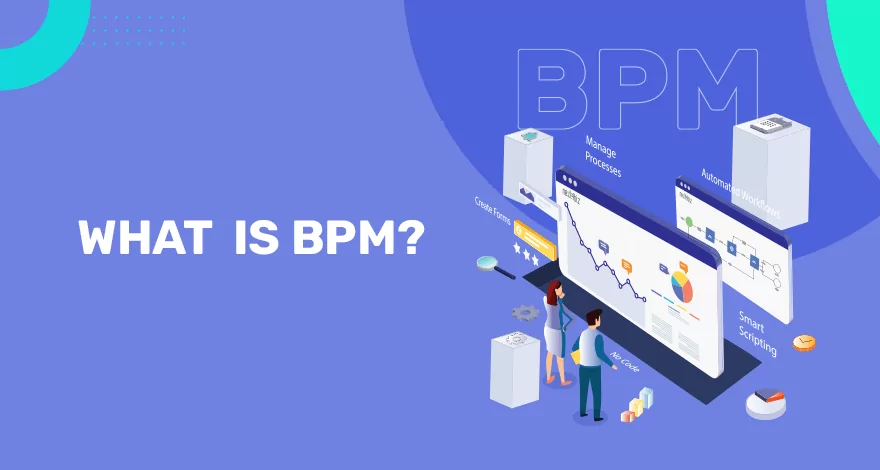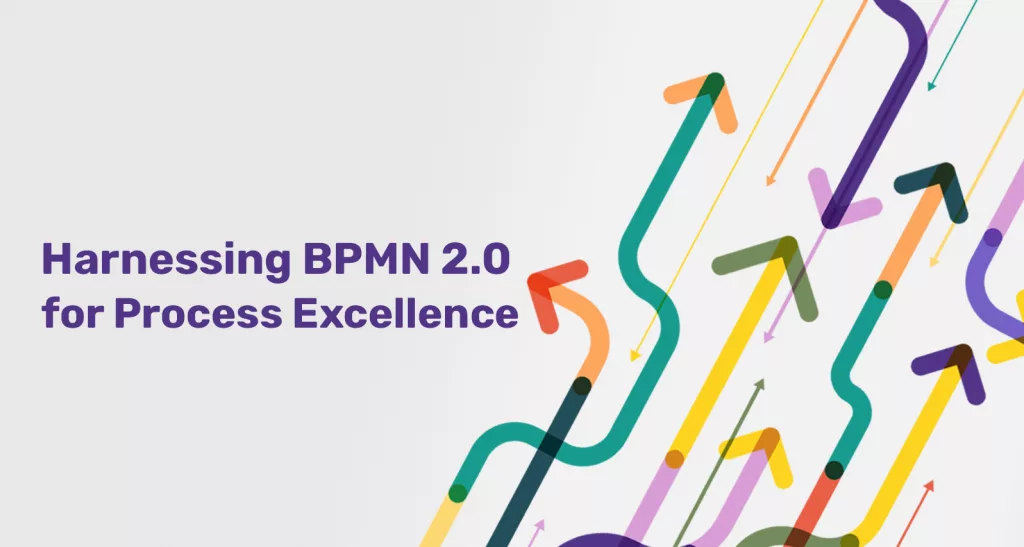Business processes consist of a sequence of steps that take the business system from one state to another, delivering outputs by consuming inputs. Inputs and outputs can vary and include financial assets, materials, facilities, tools, labor, and know-how.
Business processes do not require to be identified and documented to execute. However, without a process blueprint available, it is not possible to ensure repeatability, plan resources or predict outcomes. When defined, even an inefficient or ineffective business process can be repeated under similar conditions, monitored, analyzed to understand its weaknesses and subjected to improvement. The widely quoted maxim, “You can’t manage what you can’t measure” is particularly appropriate for business processes.
For businesses operating in the rapidly evolving digital economy, measuring, monitoring, analyzing and when necessary rapidly changing business processes is less a matter of optimal efficiency and more a matter of survival. All tools and methods used for modeling, measuring, analyzing and improving in order to attain business objectives constitute the subject area of Business Process Management (BPM).
Effective BPM is not easy to accomplish, but Next4biz is here to take the pain out of BPM. next4biz BPM stands out from other applications in this area with its ease of integration with other applications, its facilities to model and implement even the most complex processes without writing any code, its analysis tools and its short process improvement cycles.


